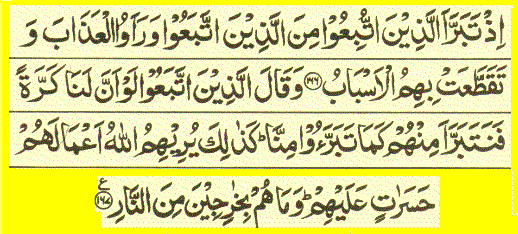
The Commandments Of Hijaab
The commandments of Hijaab are of great importance. Though it is true that they are in fact somewhat difficult to follow. But one thing is true beyond doubt, and that is whosoever succeeds in following these commandments will have less difficulty in obeying other commandments of Allah Sub'haana'hu wa Ta'aalaa. This is the most bitter pill to swallow, in terms of obedience, but it is most beneficial in that it makes it quick and easy for a Muslim to be close to Allah.
Today, our standards of piety have
become limited to reciting
endless incantations and rosaries, praying extra Salaat, reciting the books of prayers, fasting when
possible, giving alms and charity and obeying those commands
which may be followed with ease. But we readily ignore and reject all those
rules and prohibitions which interfere in any way with our lifestyle, Nafs and desires. We profess
deep love for Allah, but do not
refrain from disobeying Him, even though it is obligatory on us to
refrain from all that He has declared Haraam. The foundation
of piety is built on seeking Allah's forgiveness for all our disobedience and rebelliousness against Him.
Prophet Muhammad
sallallahu alayhi wasallam has said,
"Refrain
from sinning and you will become the most pious of worshippers."
The sin of refusing to observe Hijaab is more severe than other sins, which is why it is critical to immediately desist from it and to sincerely resolve not to repeat it. The reasons for this are as follows:

Then would those who are followed clear themselves of those who follow (them); they would see the penalty and all relations between them would be cut off And those who followed would say: "If only we had one more chance we would clear ourselves of them as they have cleared themselves of us. " Thus will Allah show them ( the fruits of) their deed as (nothing but) regrets nor will there be a way for them out of the fire. (2:166,167)
Ponder on this verse,
and it becomes clear that on
the Day of Judgement, those
people who disregarded the
commands of Allah and disobeyed Him to follow and please others, will be enemies unto each other and
all relations between them will be severed. On that day, the young will blame their elders for
not letting them obey Allah and observe Hijaab, while the
elders will say that they had no control over them, they only asked them to disobey, but did
not force them. Then, how frustrated and helpless will those feel who had disobeyed Allah to please others around them.
Continued